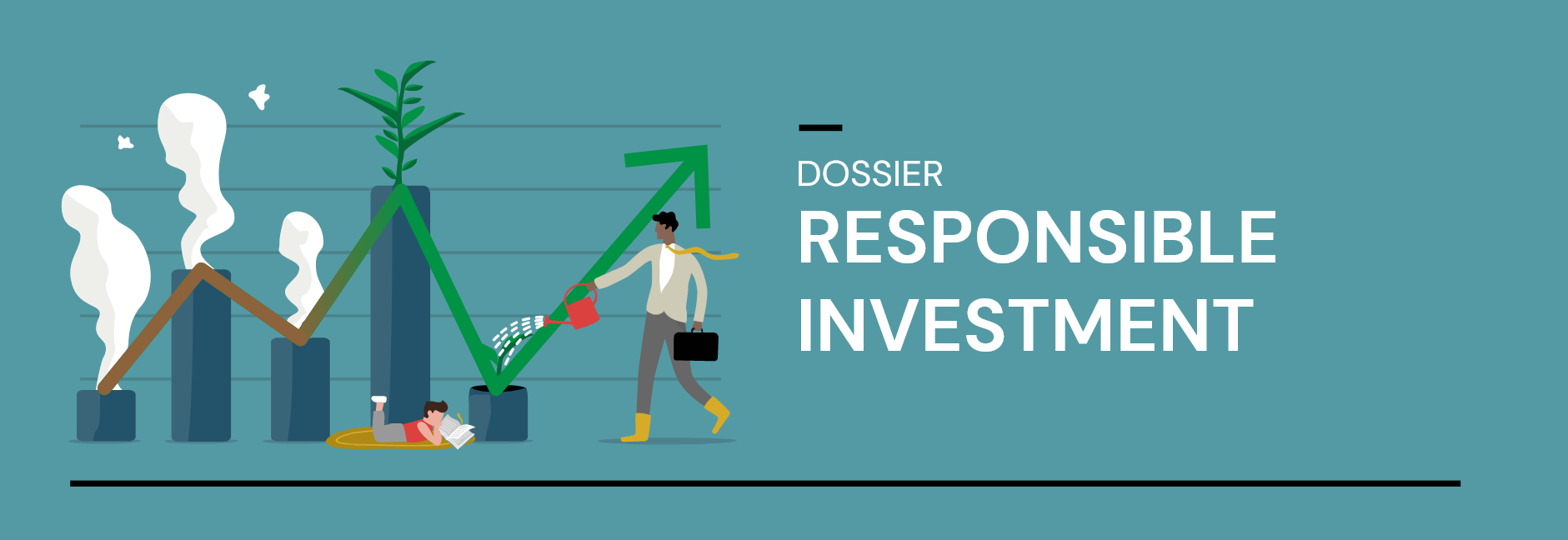
The numbers are remarkable. Since 2018, according to the Investment Funds Institute of Canada (IFIC), Canadian sales of mutual funds and exchange traded funds in the Responsible Investment category (RI) increased by a factor of more than 1700, So it’s not surprising that you’ve heard a lot of talk about it recently. Last November, a panel on the question was organized at the Rendez vous avec l’Autorité, with Guy Cormier, Kim Thomassin and Marie Claude Dumas. As they emphasized, the pandemic played a major role for this trend, with investors becoming aware of the dangers threatening the planet. Faced with the spread of viruses, the exploitation of workers in developing countries, and the perhaps unsurprising disappearance of smog in the planet’s megacities due to public health lockdowns, investors realized it might be appropriate to change their investment strategies and base them on their personal values.
Looking for more information and explanations about investment products, consumers are now asking questions.
That’s when advice from professionals becomes especially valuable, and important.
As demonstrated by the last ÉducÉpargne study on the subject, published in September, investors do not always find answers from their advisors. In fact, 65% of respondents working with a financial advisor or planner indicated that their provider never broached the topic of responsible investments with them. And, among the third of financial professionals who had done so, 17% mentioned the existence of IR without any more explanation. This means that many investors who want to learn about the issue do not get answers from those who should be the best placed to respond.
Professionals must know their clients well and must also be familiar with the products they offer. In this dossier, we are addressing the theme of responsible investment in myriad ways and from less common perspectives. We have interviewed private and institutional managers, as well as female advisors, one of whom is a pioneer in the field, to provide different points of view with regard to responsible investment and diverse information sources. The objective is simple and important for any professional practice: better knowledge leads to better advice.
Fully understanding RI to properly inform your clients
The number of environmental, social and governance (ESG) financial products is multiplying, and investors are becoming increasingly interested in them. Still, few advisors offer them unprompted.
Women and RI: Advisors share their perspective
During the pandemic, many investors became interested in responsible investment (RI) as they refocused their financial decisions around their personal values. The result has been significant growth in this area of investing over the past three years, with a 21 fold increase in sales during those 36 months. Many observers think that women generally are more interested in RI. But is that myth or reality? We asked three female experts specializing in responsible investment.
Responsible Investment: The challenge of choosing ESG securities
Due to the increase in responsible investment in the last few years, portfolio managers have changed their approach when selecting securities to include ESG factors. But this is quite challenging.
Millani: Adding value
At Millani, an ESG integration advisory firm in Montreal, there is no shortage of work. Part of what they do involves eliminating confusion around responsible investment for publicly traded companies, portfolio managers and investment firms.
Inclusion of ESG factors by the Caisse de dépôt: Institutional example
The Caisse de dépôt et placement du Québec (CDPQ) must ensure the prosperity and protection of its clients’ deposits, most of which are in pension plans. The Caisse has established its sustainable investment approach with this in mind, as we discussed with its head of sustainability, Bertrand Millot.
RI section of the AMF website: Helping you keep your clients informed
So you have clients who are interested in responsible investment (RI) and you’re looking for some unbiased, easy to understand information that doesn’t come from any of the investment fund manufacturers? The website of the Autorité des marchés financiers (AMF) just might be able to help.